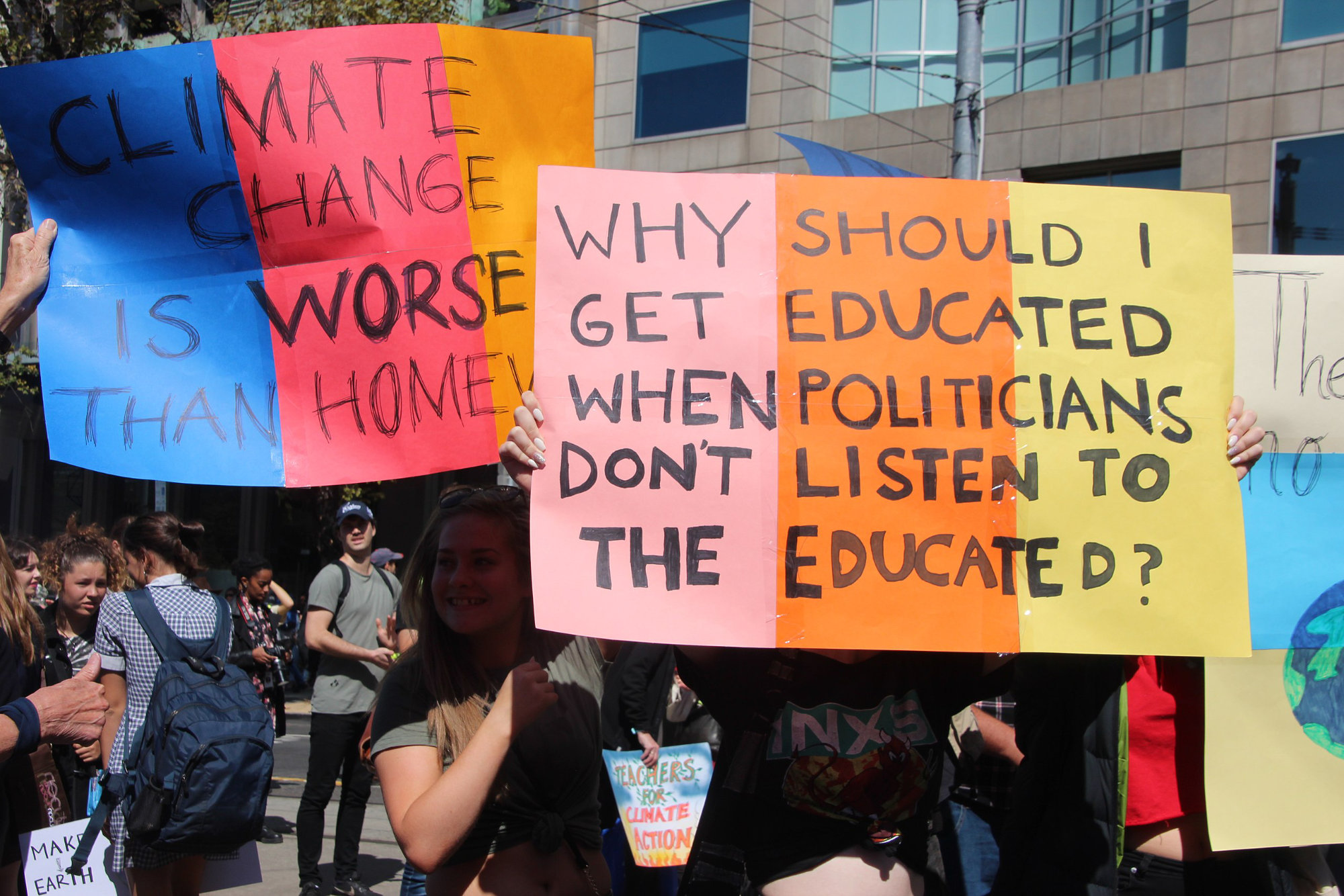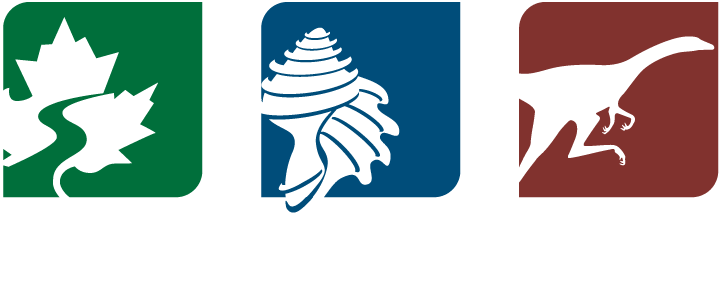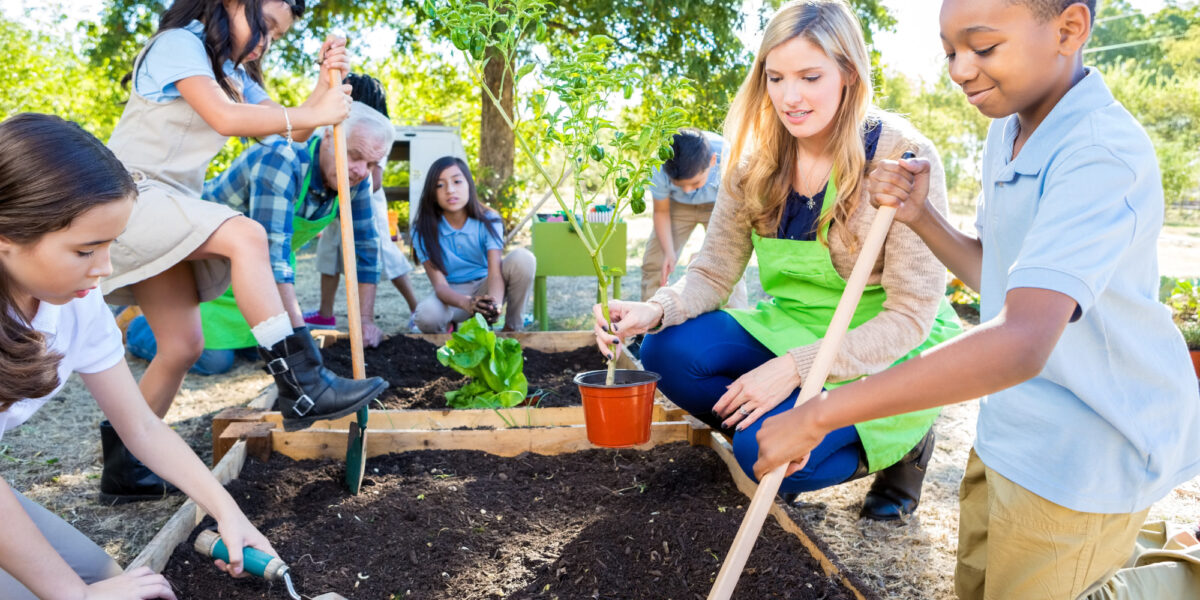Chapter Contents
- Apocalyptic Tales of Climate Change
- Use of Language and Perspective in Teaching Climate Change
- Hope and Optimism
- Considerations of Fear, Anxiety, and Mental Health
- Apocalyptic Prophesies Versus Predictions of Climate Change
- Reality Check: A Personal Perspective
- Science Teaching Toward a Sustainable World
- Resources
Image above: Canva
While plenty has gone horribly wrong in the world and with civilization, both the world and civilization live on. The world will go on for a very, very long time—likely much longer than civilization. Earth is about 4.5 billion years old. Civilization is about 10,000 years old. At time scales that humans can easily understand, civilization will likely last quite a while too. Though it stands a good chance of getting pretty awful in various ways, times, and places in the future, if we act wisely, we have the capacity to reduce the potential horrible outcomes a great deal.

Each case that moved from horrible to less horrible involved people taking action to make things better. Ultimately, people made coalitions of institutions and organizations that helped us collectively behave responsibly. That means people assumed responsibility or were held responsible for the problems we faced, and they changed course. History shows that action is required to make things better and that, in numerous instances involving the environment, people have improved the environment through scientific understanding, education, and action. Perhaps the Onceler’s repentance in The Lorax says it best: “Unless someone like you cares a whole awful lot, nothing’s going to get better. It’s not.”

We will need to use numerous strategies make changes to mitigate climate change, some of which will be social and political. But at the core must be basic public understanding of the science of Earth systems, and of climate in particular, in order to facilitate good decision-making. No group is more important than educators - and we are all educators - to help future generations understand Earth’s systems, and to help learners work with each other toward stewardship of the Earth’s future climate.



